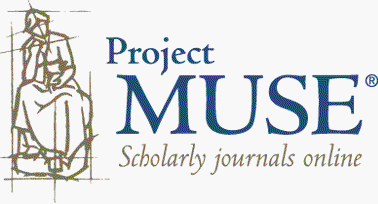
Users and libraries may download, print, and make unlimited paper copies for archival purposes, or for educational or personal use. Users may distribute a copy ... to a person at another location for that individual's personal use.
Little Review
(on)
Pascal Khoo Thwe, From the Land of Green Ghosts:
A Burmese Odyssey
(New York: HarperCollins, 2002), 320 pp.
Working there as a flunky in a Chinese restaurant, he encounters a passing-through Cambridge don who has heard-tell of him in Rangoon as a tribesman unaccountably devoted to the work and example of James Joyce, and he starts to dream of England and its scholastic gardens. As the brutality of the military regime is increasingly felt in the university, a shambling, dispirited place at the best of times, and his activist lover, a laughing Buddhist beauty with a rebellious streak, is arrested, raped, and murdered, he becomes himself inflamed and disappears into the jungle to join the guerrilla resistance. There he survives numerous long marches into Thailand and back and several set-to battles with government forces. Ill, wounded, and, most of his comrades killed or captured, near despair, he pulls out the scribbled address of the Cambridge don he has been carrying about with him and writes to the man in the hope that he can somehow rescue him and bring him to England. The don, a somewhat elusive, hard-to-read figure ó he is eventually banned from Burma ó shows up somehow in northern Thailand and does indeed cart him off to Cambridge. There, after three years of struggle and confusion as "the only oriental reading English in the whole university" he gets a narrow third (he wrote on tragedy, Aeschylus to Chekhov), dresses up in native costume to receive his degree, gets drunk with his mates at the local pub, and returns to visit his left-behind family. Beautifully written, exactly felt, immediate, and genuine, Thwe's book is indeed a contribution to English literature, worthy of its Irish model. And, more importantly, a contribution to Burmese witness.
in: Common Knowledge 11.2 (2005) 349-350; Copyright © 2005 by Duke University Press. All rights reserved.
online source: http://muse.jhu.edu/journals/common_knowledge/v011/11.2geertz.html
 |
copyright regulations: Users and libraries may download, print, and make unlimited paper copies for archival purposes, or for educational or personal use. Users may distribute a copy ... to a person at another location for that individual's personal use. |
Using this text is also subject to the general HyperGeertz-Copyright-regulations based on Austrian copyright-law (2001), which - in short - allows a personal, nonprofit & educational (all must apply) use of material stored in data bases, including a restricted redistribution of such material, if this is also for nonprofit purposes and restricted to the scientific community (both must apply), and if full and accurate attribution to the author, original source and date of publication, web location(s) or originating list(s) is given ("fair-use-restriction"). Any other use transgressing this restriction is subject to a direct agreement between a subsequent user and the holder of the original copyright(s) as indicated by the source(s). HyperGeertz@WorldCatalogue cannot be held responsible for any neglection of these regulations and will impose such a responsibility on any unlawful user.
Each copy of any part of a transmission of a HyperGeertz-Text must therefore contain this same copyright notice as it appears on the screen or printed page of such transmission, including any specific copyright notice as indicated above by the original copyright holder and/ or the previous online source(s).